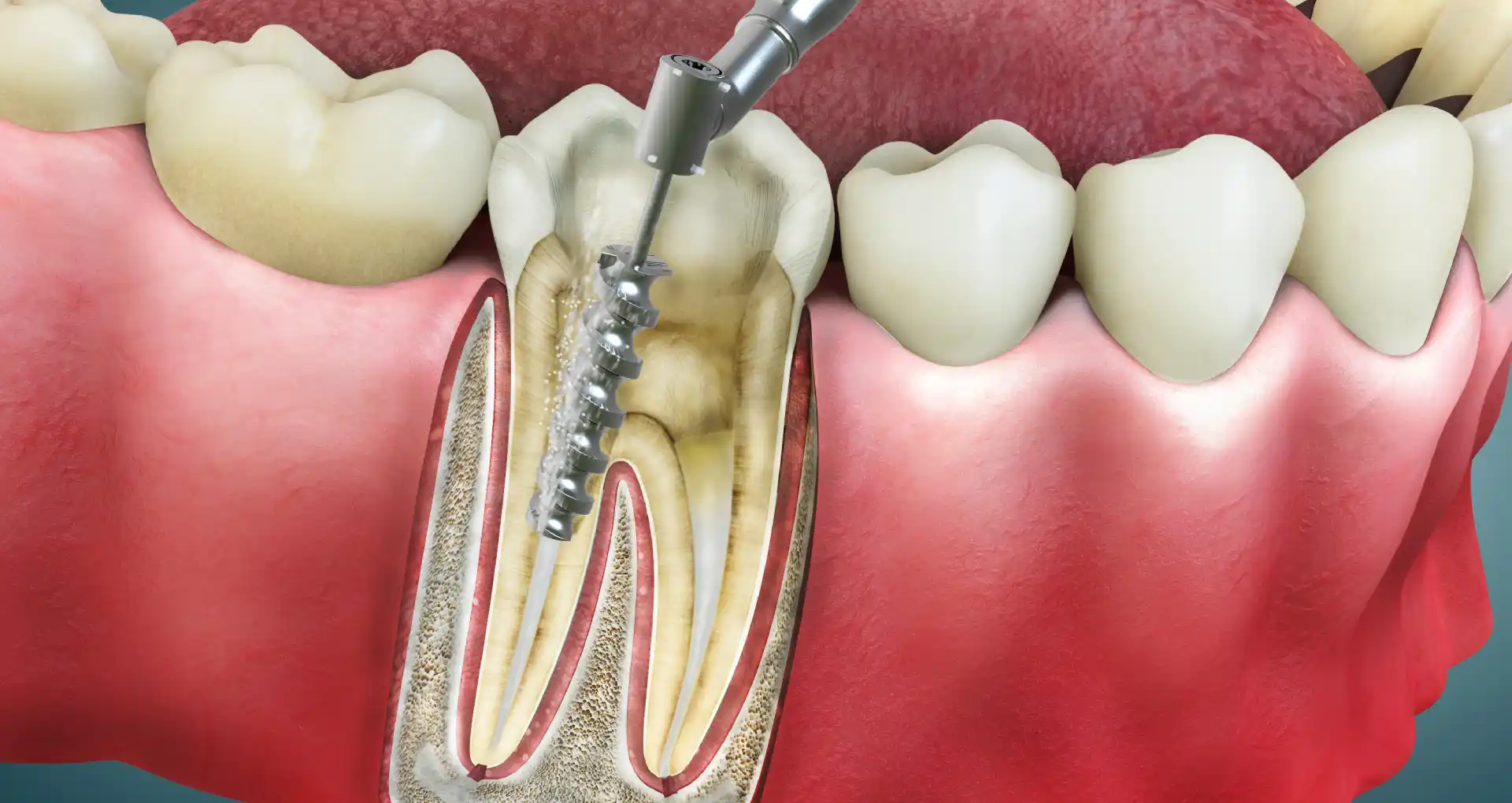Root Canal Treatment Linked to Lower Heart and Diabetes Risk

Root Canal Treatment May Reduce Risk of Heart Disease and Diabetes, Landmark Study Finds
A groundbreaking clinical study from King’s College London suggests that root canal treatment may offer benefits far beyond saving infected teeth. According to the research, successful endodontic therapy could also help reduce the risk of heart disease and type 2 diabetes — two of the world’s leading causes of death.
The findings, published in the Journal of Translational Medicine, come from a two-year evaluation of 65 patients at Guy’s and St Thomas’ NHS Foundation Trust in London.
Lead researcher Dr. Sadia Niazi, Senior Clinical Lecturer in Endodontology at King’s College London, says the results underscore a powerful, often overlooked link:
“Our findings show that root canal treatment doesn’t just restore oral health — it may also lower the risk of serious systemic conditions like diabetes and heart disease.”
— Dr. Sadia Niazi, King’s College London
The study focused on patients with apical periodontitis, a common dental infection that can allow bacteria to enter the bloodstream, drive systemic inflammation, and impair the body’s ability to regulate sugar and lipid (fat) metabolism.
Using nuclear magnetic resonance (NMR) spectroscopy to analyze blood samples, researchers documented several health improvements among patients whose root canal treatments were successful:
- Improved blood sugar control
Blood glucose levels dropped significantly over two years — a key factor in preventing or managing type 2 diabetes.
- Better cholesterol and fatty acid levels
Short-term improvements were seen in lipid profiles, including lower cholesterol and circulating fatty acids associated with heart disease.
- Reduced systemic inflammation
Major inflammatory markers — known predictors of cardiovascular disease and chronic illness — decreased steadily over time.
Dr. Niazi notes that long-standing root canal infections can elevate glucose and fat levels in the blood, making this reduction especially significant.
“Chronic root canal infections can drive inflammation throughout the body. Treating them removes a hidden source of metabolic stress.”
These findings align with a growing body of global research linking oral infections to chronic disease:
- The FDI World Dental Federation recognizes oral inflammation as a contributing factor in conditions like heart disease and diabetes.
- A 2024 review in Diseases reported that periodontal infections raise inflammatory markers such as CRP, IL-6, and TNF-α, all associated with cardiovascular risk.
- Research published in PubMed confirms a bidirectional relationship between diabetes and oral infection: poor glucose control worsens oral disease, and oral disease can make diabetes harder to manage.
Dr. Michael Lewis, a professor of oral medicine not involved in the study, explains the significance:
“People often think of oral infections as isolated. But when bacteria enter the bloodstream, they can influence systemic inflammation, metabolism, and even vascular health. This study reinforces how critical dental care is to whole-body health.”
The King’s College team believes dental care should be more closely linked with general medical care. Monitoring metabolic markers — such as glucose, triglycerides, and tryptophan-related proteins — after dental treatment may help doctors and dentists better assess patient recovery and long-term risk.
“We must move toward integrated care,” the researchers conclude.
“It’s time to look beyond the tooth and adopt a truly holistic approach to dental health.”

